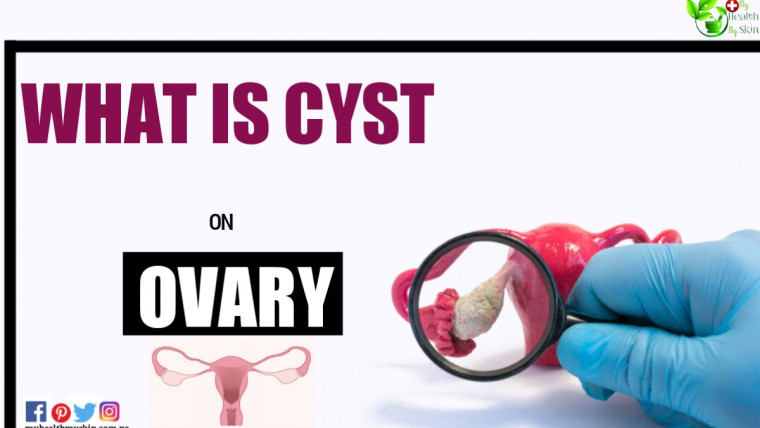can pregnant woman take ibuprofen? Because it is a well-known anti-inflammatory, it is very important for women to know, during pregnancy, whether a pregnant woman can take ibuprofen or not.
Be sure to check what precautions the expectant mother needs to take in relation to the use of medication.
Still not sure if you are expecting a baby and why are you afraid to take ibuprofen? So get to know the first symptoms of pregnancy here and go to the doctor to confirm the pregnancy if you show some or all of these signs.
[lwptoc]
About Ibuprofen

The drug belongs to the category of non-steroidal anti-inflammatory agents and can be indicated to reduce fever and alleviate pain such as those associated with colds and flu.
Read Now: Does Ibuprofen Make You Last Longer In Bed?
The remedy also works against sore throats, headaches, toothaches, backaches, menstrual cramps and muscle pain.
Once you find out that the pregnant woman can take Ibuprofen, take the opportunity to know in which other cases this medication can be harmful .
So Can A Pregnant Woman Take Ibuprofen?
A pregnant woman who has a fever and/or any of the pain mentioned above may consider resorting to medication to deal with the problem. But is it advisable and safe for the expectant mother to do this?
Well, according to information in the leaflet for Ibuprofen in oral suspension (drops) 100 mg/ml from Cimed, the drug cannot be used during pregnancy unless there is a recommendation by the doctor.
The document also warns that the patient must inform the doctor if she becomes pregnant during or after the end of treatment with the drug.
“Ibuprofen is an anti-inflammatory that poses risks for pregnancy. This medication may increase the risk of miscarriage, cardiac abnormalities, cleft palate, heart failure, kidney dysfunction, intracranial hemorrhage, and gastrointestinal bleeding. Do not use any medication without proper medical advice during pregnancy”, warned family and community doctor Nicole Geovana.
In this same vein, the National Health Service (NHS) in the United Kingdom has detailed that ibuprofen should not be used when a woman is 30 weeks or more of pregnancy, except under medical advice, because using the drug at this stage of Pregnancy has already been associated with an increased risk of developing complications such as heart problems in the baby and a decrease in the amount of amniotic fluid.
It is worth noting that amniotic fluid is a yellowish fluid that surrounds the unborn baby inside the mother’s womb and helps the fetus move in the uterus (which is good for bone growth), proper development of the lungs, prevent pressure on the umbilical cord, maintain a constant temperature around the baby and protect the fetus from external injury.
Also, non-steroidal anti-inflammatory drugs cannot be used during the last three months of pregnancy because they can cause a blood vessel in the baby’s heart to close prematurely, which can result in the development of high blood pressure in the lungs of the baby.
As if that were not enough, the use of non-steroidal anti-inflammatory drugs can make it more difficult for a woman to go into labor.
But Before 30 Weeks, Can A Pregnant Woman Take Ibuprofen?
According to what the NHS warned, it is also not recommended that a pregnant woman take the drug before 30 weeks of pregnancy, unless the doctor determines that the possible benefits of the treatment outweigh the potential risk that the drug can cause to the fetus.
The rationale is that using ibuprofen throughout the first 30 weeks of pregnancy can also result in an increased risk of developing complications, including miscarriage, warned the UK health institution.
Research has shown that taking drugs from the non-steroidal anti-inflammatory category, such as ibuprofen, during the first 20 weeks after the baby is conceived increases the risk of having a miscarriage by 2.4 times.
Scientists believe that the chances of having a miscarriage are increased by exposure to any type and dosage of an aspirin-free non-steroidal anti-inflammatory drug throughout early pregnancy.
To reach this conclusion, the authors of this study published in the Canadian Medical Association Journal examined 4,705 abortions, in which 352 or 7.5% of the cases had been the use of non-steroidal anti-inflammatory drugs. steroid without aspirin.
The women evaluated in the survey were aged between 15 and 45 years and were compared with 47,050 other women of a similar age group who had not had an abortion. In that second group, 1,213,000 or 2.6% had used a non-steroidal anti-inflammatory drug, the publication reported.
The researchers reported consistently observing that miscarriage was associated with the use of Diclofenac, Naproxen, Celecoxib, Ibuprofen and Rofecoxib alone or in combination, suggesting a class effect of nonsteroidal anti-inflammatory drugs.
So if taking ibuprofen during pregnancy is not a good idea, taking the drug along with another non-steroidal anti-inflammatory drug is a bad idea.
Congenital Malformations
It is also worth noting that the researchers also mentioned that the use of non-steroidal anti-inflammatory drugs in early pregnancy has also been shown to increase the risk of developing major congenital malformations.
According to information from some studies, the use of non-steroidal anti-inflammatory drugs in early pregnancy may cause a small increase in the risk of developing problems with the baby’s heart and gastrointestinal system.
The publication pondered pointing out that more research is needed for the link between the use of these drugs and the problems to be proved, however, it said that the doctor can still suggest the use of another type of medication in their place.
But then,
How To Deal With The Pain?
Upon discovering that she is pregnant, it is advisable for a woman to ask her doctor for a list of prohibited drugs and drugs released to her during her pregnancy.
And before starting to use any medication, whether it is on the list or not, the woman needs to consult the doctor again to know exactly how to use the medication in question without facing problems.
It is important that the pregnant woman takes advantage of the conversation with the doctor to learn about the foods and drinks that should be excluded from her diet, since there are foods that are abortifacient, as you can check by clicking on the highlighted term. To see more post on Women’s Health click here.

Have You Ever Wondered If Pregnant Can Take Ibuprofen? Know Someone Who Can Confirm? Comment Below!






